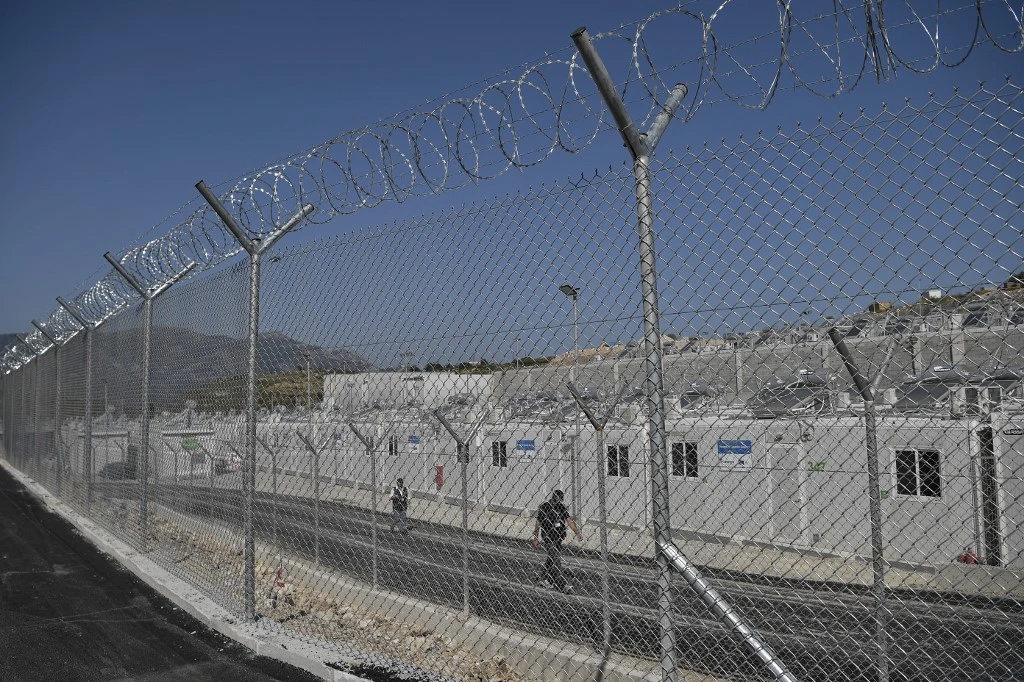Travel disruptions grip Germany as strikes escalate over wage demands

Germany’s rail and airport workers trigger nationwide strikes, causing significant travel delays and escalating labor issues
Travelers in Germany experienced considerable delays on Thursday due to the nationwide rail and airport workers’ walkouts, which heightened their demands for more pay amid ongoing labor problems.
The strikes, which have an impact on airports and rail networks alike, are the most recent in a string of work stoppages that have afflicted Germany for months, escalating conflicts between employees and management in the face of economic difficulties typified by elevated rates of inflation and a slowdown in commercial activity.
A 35-hour strike by rail workers began on Wednesday and continued into Thursday for passenger services. One of the main requests made by the GDL train drivers union is that the working week be reduced from 38 hours to 35 hours.
In light of inflationary pressures, companies are under increasing pressure to address workers’ concerns about growing living expenses, as seen by the current round of strikes. Prior walkouts, including the train drivers’ strike in January, have caused long-term travel disruptions for thousands of customers.
The GDL union’s leader, Claus Weselsky, has hinted that further action may be taken with less warning, which might mean a long period of uncertainty for commuters. He highlighted how, in the middle of the continuous disagreements, train services are becoming less reliable.
The nation’s largest train operator, Deutsche Bahn, has denounced the strikes and pointed to concessions that equate to a 13 percent salary raise. But despite economic uncertainty, workers continue to want more promises, which exacerbates tensions.
In the meanwhile, a countrywide strike by the Lufthansa ground crew began on Thursday and was scheduled to go on until Saturday. The security personnel at the airports in Hamburg and Frankfurt are also taking part in a one-day strike, further exacerbating the passengers’ situation.
The biggest aviation hub in Germany, Frankfurt Airport, expects major delays and cancellations of flights during the strike. The airport will be blocked to all flights during this period, aggravating travel difficulties for thousands of travelers, outgoing passengers have been informed.
After a one-day interruption that affected over 100,000 passengers, the Lufthansa strike is predicted to have a domino effect on the airline’s operations at neighboring airports. The management and labor representatives are still at odds, and they both hold each other responsible for the continuous disruption in travel.
The Verdi union, which represents airport employees, is requesting a minimum monthly raise of €500 and wage increases of 12.5%. Lufthansa has offered to pay raises over a longer period of time, but the parties are unable to reach a salary agreement, and emotions are still high.
Source: AFP



